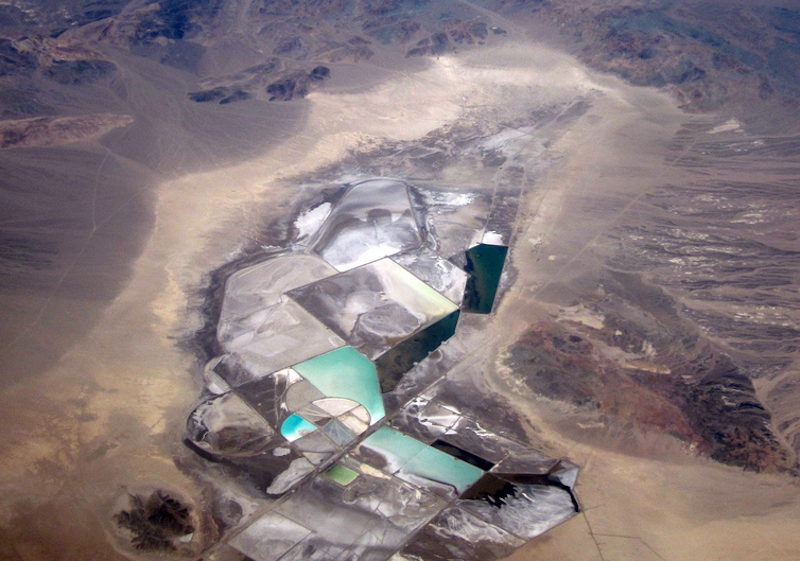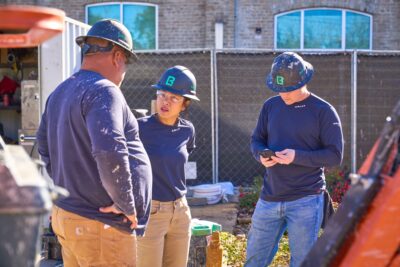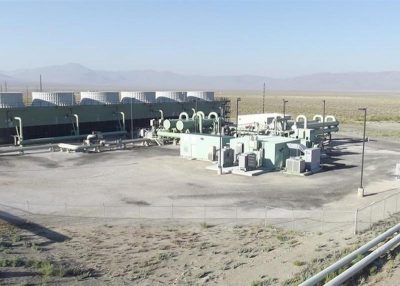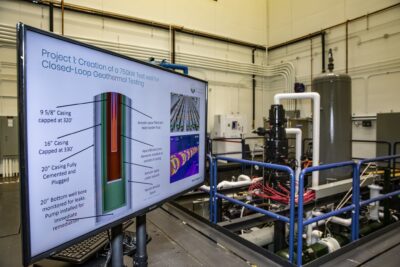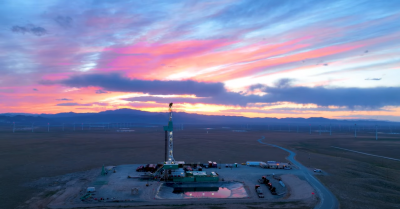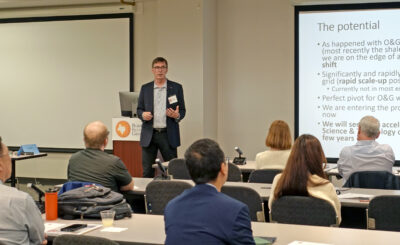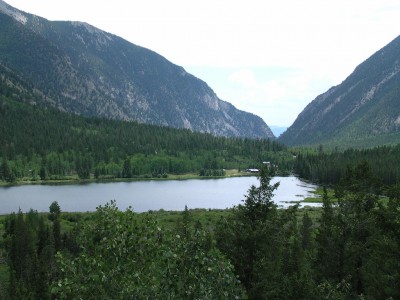Dajin Resources signs MoU on technology deriving Lithium from geothermal brine
Dajin Resources Corp. has signed an MOU with Enirgi Group, a company that has developed a new, efficient, cost effective technology for extracting Lithium carbonates from Lithium bearing brines.
In a release sent out today, Dajin Resources Corp. announced that it has signed a non-binding Memorandum of Understanding (MOU) with Enirgi Group Corporation, headquartered in Toronto, Canada. Enirgi Group is a multinational conglomerate that has developed a new, efficient, cost effective technology for extracting Lithium carbonates from Lithium bearing brines using their Direct Extraction Process Technology (DXP Technology). With this technology, the use of invasive solar evaporation pond networks will not be required. Through their Innovation Division, based in Sydney, Australia, Enirgi Group is in the final stages of commissioning a commercial scale demonstration plant capable of producing one tonne per day of battery grade Lithium carbonate from their flagship lithium project at the Salar del Rinco?n located in the Province of Salta, Argentina (the “Rinco?n Project”). The MOU gives Dajin exclusive access to the Enirgi Group’s DXP Technology and future processing facilities constructed in the United States. Dajin will be responsible for the sourcing and delivering of lithium bearing brine from their current and future projects in the United States.
Upon the production of 20 tonnes cumulative battery grade lithium carbonate at the Rinco?n Project, signing a Definitive Agreement, consideration of provision to Dajin of Enirgi Group services, and having exclusive access to processing facilities, Dajin will issue to Enirgi Group common shares of its capital in an amount which represents 19.5% of the issued shares of Dajin (post-issuance), calculated based on the number of shares issued of Dajin outstanding as of the date of acceptance of a Definitive Agreement by the TSX Venture Exchange.
Upon the completion of a Definitive Feasibility Study (DFS) for the construction of a processing facility and acceptance by the TSX Venture Exchange, Dajin will issue to Enirgi Group additional common shares of its capital in an amount which represent 10.5% of the issued shares of Dajin (post-issuance), calculated based on the number of issued shares of Dajin outstanding as of the date of the completion of the DFS.
LSC Lithium Corp. (“LSC”), a lithium exploration company in Argentina, entered into an earn-in agreement with Dajin in 2016 for the development of Dajin’s extensive Lithium exploration land holdings in Jujuy Province, Argentina. This agreement also provides access to the Enirgi Group processing facilities in Argentina.
Enirgi Group’s CEO Wayne Richardson commented, “We are pleased to have this association with Dajin who understand and appreciate the significance of a cost effective and demonstrable commercial process that minimizes water consumption for the production of battery grade Lithium carbonate. We have been working for several years and have spent over $200 million dollars on developing the Rinco?n Project and our DXP Technology. We believe our process will have a major impact on the processing of Lithium brines in the future worldwide.”
Dajin’s President Brian Findlay remarked, “This relationship will provide Dajin exclusive access to Enirgi Group’s DXP Technology which is going through the certification process at their Rinco?n Project located in Argentina’s part of the “lithium triangle.” After extensive review of other known Lithium brine processing technologies, Dajin’s management has determined the DXP Technology to be the most advanced on the market today.”
Dajin holds two key exploration projects in Nevada: the Teels Marsh valley and Alkali Lake valley. The Teels Marsh Lithium brine project has identified near-surface Lithium-bearing brines, water rights have been acquired, and there is minimal land fragmentation. A recent seismic survey confirmed the closed basin beneath the playa is up to 8,200 feet (2,500 metres) deep. In March, the Bureau of Land Management accepted Dajin’s Notice to proceed with civil works and drilling as part of its exploration for Lithium brines at Teels Marsh. A National Instrument 43-101 report on the Teels Marsh project was released in April.
Source: Company release by email
